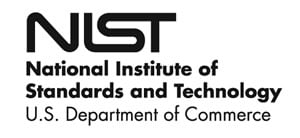RSS feed source: Federal Emergency Management Agency
Local governments and certain nonprofit organizations in Crockett, Henderson, Humphreys, Lewis, Montgomery and Shelby counties are now eligible for FEMA Public Assistance grants for debris removal, emergency protective measures and permanent work to repair public facilities that were damaged by the April 2-24 severe storms, straight-line winds, tornadoes and flooding.
These counties join Carroll, Cheatham, Davidson, Decatur, Dyer, Fayette, Gibson, Grundy, Hardeman, Hardin, Haywood, Henry, Hickman, Houston, Lauderdale, Madison, McNairy, Obion, Perry, Stewart, Wayne and Tipton counties which were all previously approved for FEMA Public Assistance.
FEMA’s Public Assistance program provides reimbursement to local and state government agencies for the costs of emergency response, debris removal and restoration of disaster damaged public facilities and infrastructure. Houses of worship and other nonprofit organizations may also be eligible for FEMA Public Assistance.
Click this link to continue reading the article on the source website.


